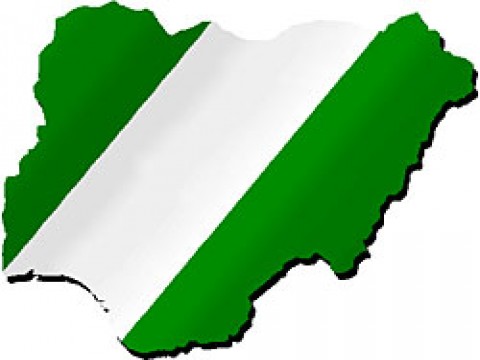When the Brits founded that geographical space called Nigeria, they knew she was not ready to be. Their plan, as Okri painted in his Booker Prize winning work, The Famished Road, was to create an àbíkù—a nation born to die. In fact, the devilish colonial twins, Robertson and Lugard, who represented the British colony, hurled independence on eager Nigerians.
On realisation that the Westerners and Easterners were too rebellious and anti-colonial in their peregrinations, the Brits veered missionary education away from the Northern Nigeria to have a respectable group from their colony. It was this that led the devils to push the elm of affairs to a Northerner. It was a brilliant move—even strategic—to inflame the tension among the tribes of a newly formed nation.
After independence, the so-called founding fathers were in a hurry to get on with nation building. They didn’t notice the festering wound caused by the Brits’ independence bombshell. They quickly went ahead to build with wicked bricks. These untreated wounds produced other injuries affecting the nation’s physiognomy.
Imagine a human body with a deep wound without attentive medical care. The wound would spread, accumulate mucus and release stinking smells. It’s the treatment of the wound, or lack thereof, that would eventually eliminate the human body.
In their hurry to create something that has not been done before, the founding fathers made a lot of mistakes. They didn’t address the question of different tribes, they didn’t have a long-term plan for the nation, and they didn’t address the prevailing greed in the new land. Democracy began to thread on eggshells, which would later lead to a military overthrow. Too soon, Nigerians realised that independence was getting away from their grasp and realised too that they’ve been captured by freedom.
These senseless military heads created an orgy of murders and stealing. It was all tribe for himself. In a fight against this madness, some members of the newly formed nation wanted-out but Nigeria refused.
This disagreement woke war. The war lasted for a year and it swallowed more than a million lives from the land. It was, to put it mildly, another injury on the festering wound left by the colonial masters. Immediately after the war, there was quasi-coexistence in the land. And, again, the leaders didn’t settle down to trace these differences that threatened the people’s unity. Alas, the wound kept expanding.
The wound bred maggots: Niger Delta Avengers, Boko Haram, and Tall Hate. Christians and Muslims, Yorubas and Igbos, former brothers and sister clashed. The road was red.
History has dealt Nigeria a great blow and it’s walking in a drunken stupor. There has been no leader since independence that has designed a road map for the people to crawl out of the caterwauling winds of regional and religious differences.
But then again, the wound exists. And, as mentioned above, if it’s not treated the individual would die or the cancerous tumor would lead to another wound.
There is the new agitation of a break away, which is a tumor that has been in existence for eons now. It still haunts Nigeria like a ghost. The voice is clear. The ghosts of yesteryears have birthed children and they are angered and they want to be free. How then can a nation move forward with these unanswered cries?
This is the time to sit down under the moon, gather the nation’s children and show them a plan that would lead them to a new horizon. It’s time to really take history into consideration and begin to address those historical wounds. It’s with these discussions that answers would be found, with these discussions, action points would be discovered and it’s with these action points that the nation can begin to heal. Until then the nation would travel in circles—it would keep going and coming never to be alive, never to maintain a particular abode and always seek drain lives.
Follow me on Twitter: @moshoke



Leave a Reply